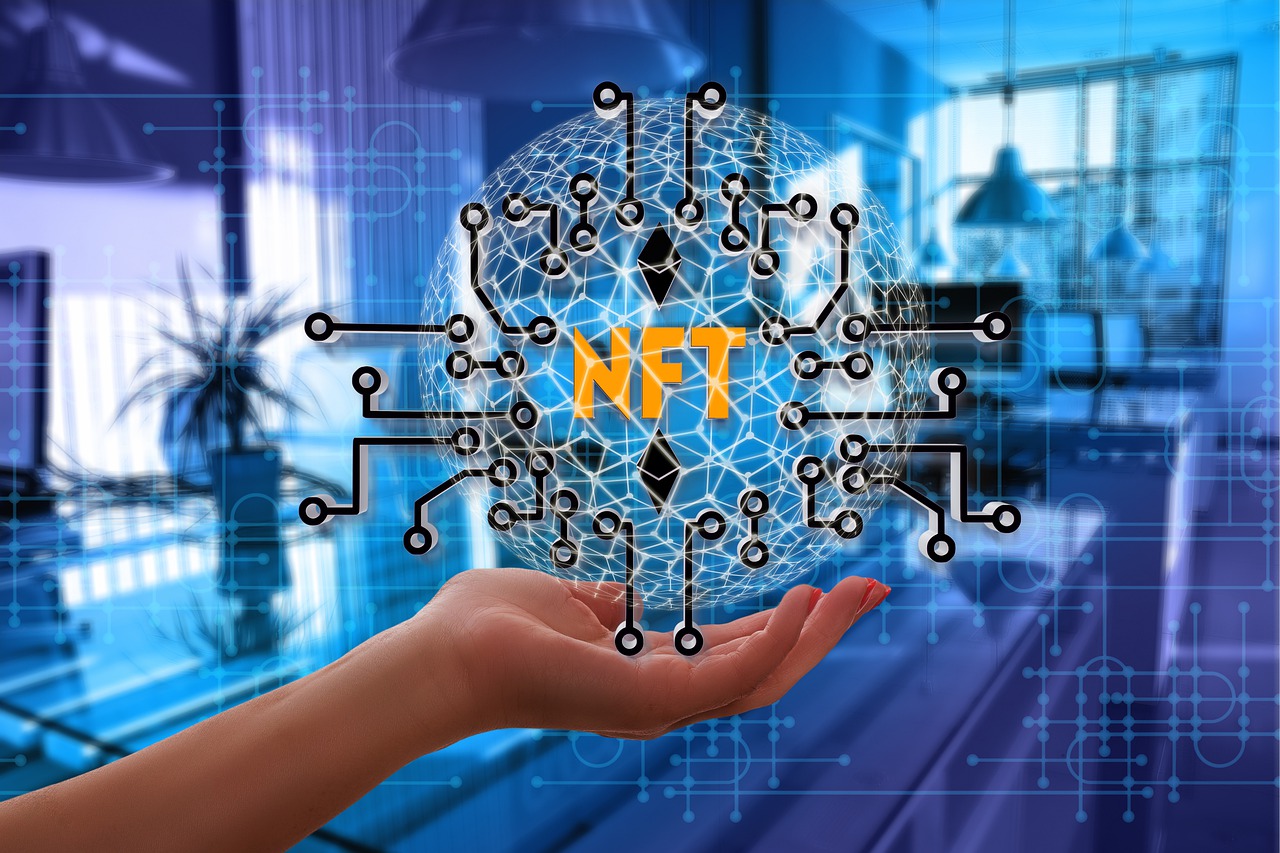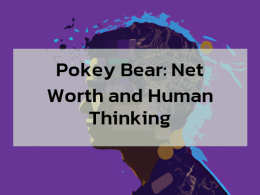What is an NFT?: Non-fungible Tokens (NFTs) are digital tokens that are linked to a percentage of ownership. These tokens can be traded on an open market.
What is an NFT?
What are Non-fungible tokens?
In recent years, cryptocurrencies have risen in value, and the blockchain has found real-world uses. This digital ledger technology allows for the creation and trade of non-fungible tokens, which represent ownership in digital assets. In a recent example, a Twitter CEO sold his first published tweet for $2.9 million via an NFT.
Non-fungible tokens are popular among creators because they allow the creator to retain ownership of their assets. While the platform retains a small percentage of the value, the creator receives the majority of the revenue if the asset is sold. Also, if the digital asset becomes popular, it can continue to make money for the person who made it.
Tokens that are non-fungible can be created and traded on different blockchain networks. The technology behind them is evolving, and there are different standards that apply to them. For example, ERC-721 is a standard that applies to most NFTs, while the ERC-1155 standard is designed to support the creation of semi-fungible tokens. These standards allow developers to create NFTs that are compatible with other tokens in the Ethereum ecosystem.
Non-fungible tokens are digital assets that have unique identifiers. These digital assets are different from cryptocurrencies, which are fungible. For instance, digital art or music can have their own NFTs. Non-fungible tokens are used to prove ownership of digital assets, and they can be used for a lot of different things.
What are their unique properties?
NFTs can be created in a variety of formats. For example, an NFT can be a digital painting, photo, video, audio, or text file. These tokens are highly versatile and can be used to represent any number of different things, such as crypto-collectibles, video games, and even metaverses.
An NFT’s unique properties define its value. For example, it is possible for users to create multiple copies of a creation, but if they are sold individually, each copy is unique. This allows users to keep their creations safe from alteration once they are created. In addition, the creator of an NFT can control the number of copies.
An NFT contains information about its owners. The owner can add metadata. For example, coffee bean tokens can be certified fair trade, and artist NFTs can have their signature in the metadata. Different NFT communities have different personalities, and almost everyone can find one that suits their interests. The NFT is also a form of currency, which means that it can be used as a medium of exchange.
An NFT is a non-fungible asset. This means that it is unique, unlike other similar assets. Unlike currency, an NFT cannot be duplicated or modified. In addition, it cannot be counterfeited. This property ensures that the NFT is more secure than traditional currencies.
A unique NFT can be a valuable collectible. It is used as a medium of exchange and for social signalling. The most valuable examples of NFT collectables are BAYC and Crypto Punks. These items have been bought by celebrities and high-profile sports personalities. But it is important to understand that the NFT is not a fad.
A successful NFT creator must build a community that will be devoted to their creation. This community will support them and help them spread the word. By building a group of loyal fans, they can also expect to get investments and money to spend.
What are their decentralised nature?
Are they vulnerable to phishing attacks?
The results of the experiment showed that participants were more vulnerable to phishing attacks if they had a low detection ability. Higher sensitivity was positively correlated with higher confidence. Moreover, higher willingness to treat e-mails as legitimate was negatively correlated with perceived consequences. These results suggest that people are sensitive to detection ability and response bias, which are related to their perception of the risks. But the level of digital access and personal history of users did not make a big difference in how vulnerable they were to phishing.
Social network involvement is another factor that affects user susceptibility to SE. According to Vishwanath (2015), users who are connected with a large number of strangers are less suspicious of possible threats. Similarly, Alqarni et al. (2016) have adopted this theory. (Also Read: What Is the Metaverse and Why Should Anyone Care?)












